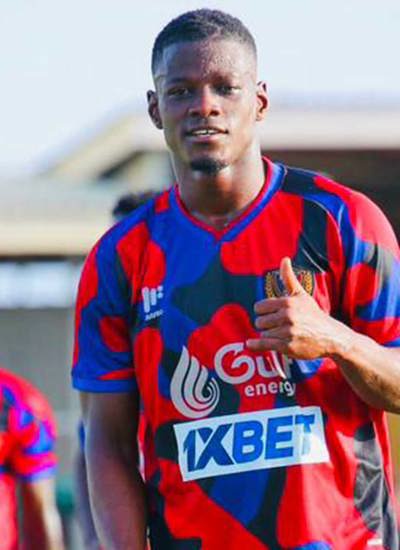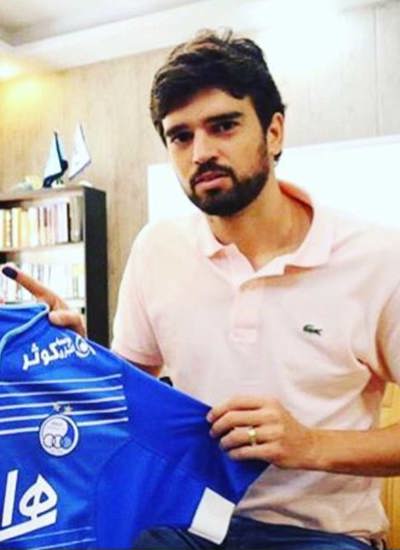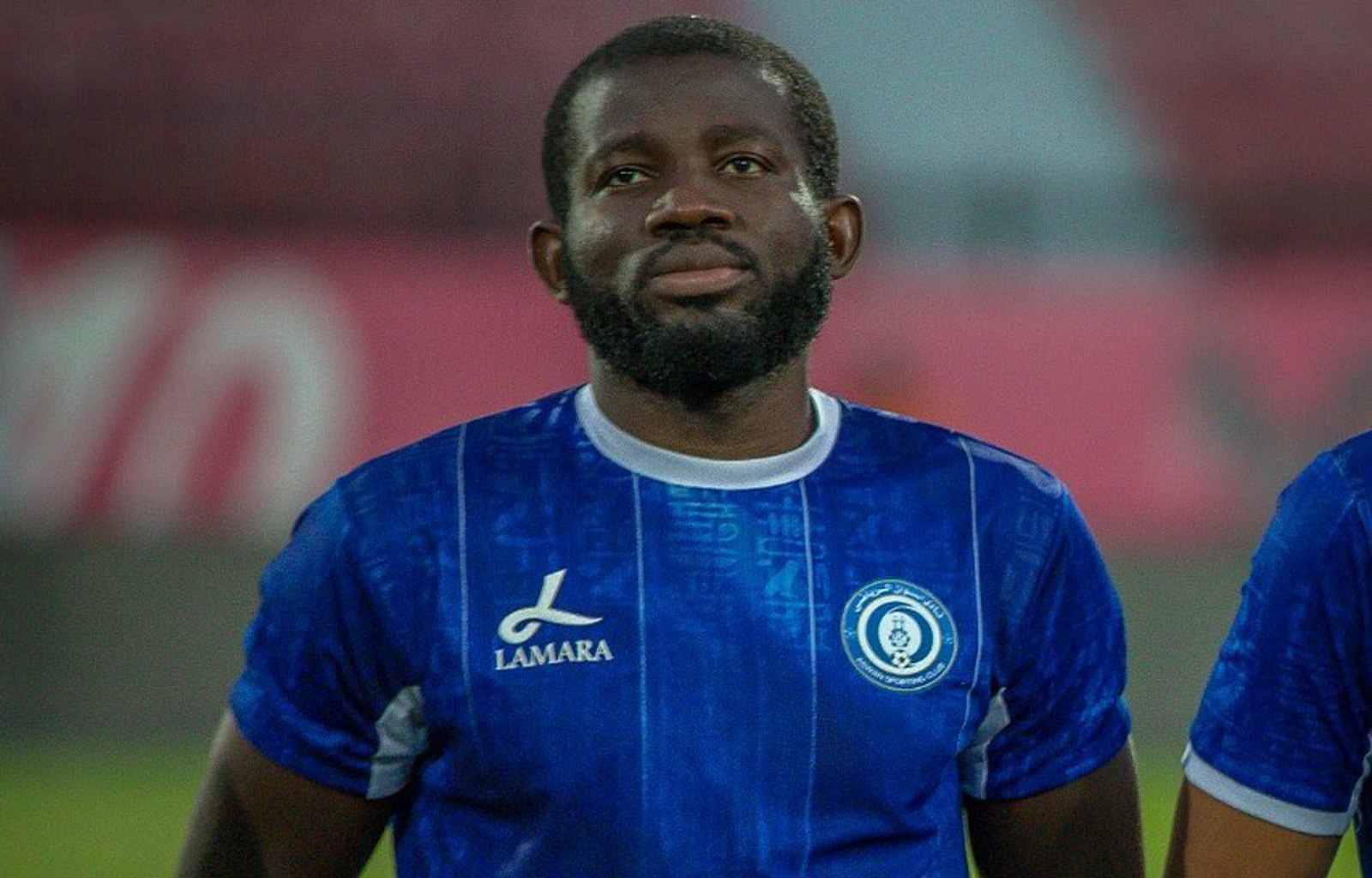
- Raphael Ayagwa, capped at senior international level by Nigeria, played for Egyptian side Aswan SC in the 2022/23 season
- The club demanded Ayagwa sign a document in Arabic – a language he could not understand – and when the Nigerian refused, he was held against his will and assaulted by a club official
- Ayagwa escaped Egypt, terminated his contract invoking “just cause” and recently won his case at the FIFA Dispute Resolution Chamber (DRC)
In February 2024, Nigerian player Raphael Ayagwa was found to have lawfully terminated his contract with Egyptian club Aswan SC by the FIFA Dispute Resolution Chamber (DRC).
By the end of the 2022/23 season of the Egyptian Premier League, Aswan were relegated after which they demanded Ayagwa sign a document in Arabic. The player refused because he did not speak the language.
Ayagwa was then held against his will by a club official and physically attacked, resulting in injuries to his chest, arm and knee.
“A lot of thoughts were going through my head: am I going to come out safe? Is this going to be the end of me?” reflects Ayagwa. “At one point I called my family and told them: ‘If I don't come out alive, you should know that this is where my corpse will be’.”
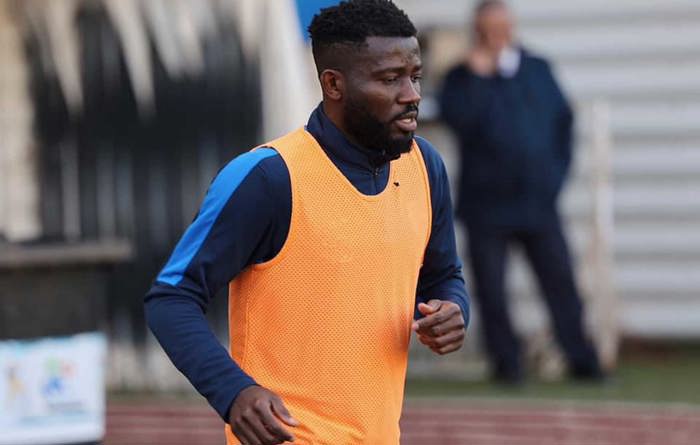
Ayagwa first started to have his suspicions of officials from the club, based in southern Egypt, when they repeatedly asked for his passport. The Nigerian, however, refused to hand it over.
“They kept on demanding my passport, which I thought was strange because the season was almost over – it wasn’t as if we were playing in any international competitions and needed it for travel.
“After our last game, the club issued return tickets to players to go back to Cairo [Editor’s note: Cairo is short of 900km from Aswan]. They refused to give me my return ticket and did the same with an Angolan team-mate.”
As club officials started to act more aggressively towards Ayagwa, the 26-year-old began to record interactions with club officials on his phone as evidence.
“What really raised my eyebrows was when the people that were threatening me were also advising me to go to the police station. I felt if I went to the police station that they could possibly lay an allegation against me – and then I wouldn’t know how to defend myself.
Ayagwa’s phone would eventually be confiscated by the club, along with other belongings.
Ayagwa managed to escape Egypt – his agent booked a flight – and flew to Nigeria where he immediately terminated his contract invoking “just cause” based on article 14 of the FIFA Regulations on the Status and Transfer of Players.

FIFPRO Africa provided legal support for Ayagwa, representing him at the FIFA Dispute Resolution Chamber. The FIFA DRC ruled Ayagwa should receive unpaid wages and compensation for the early termination of his contract.
It also imposed a player transfer ban on Aswan for two transfer windows and awarded Ayagwa moral damages equivalent to six months of wages.
“I really appreciate FIFPRO Africa and my agent coming through for me in trying times,” said Ayagwa. “While I got the justice that I wished for, I also feel disheartened in the sense that those people are still at Aswan; I felt FIFA should have done something to ensure they can no longer work in the football sector.
“When people like that are allowed to stay in football, they can do to others again what they did to me.”
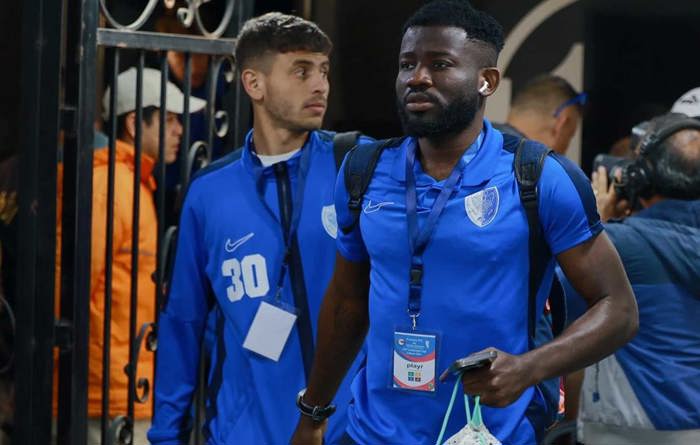
Advice to footballers playing abroad
After starting his career with Lobi Stars in his native Nigeria, Ayagwa went on to play for clubs in Norway and USA before his stint in Egypt with Aswan. The midfielder is currently playing in Libya with Al Hilal SC.
Ayagwa is encouraging fellow footballers to join their domestic players’ union.
He said: “There are a lot of challenges that footballers from Sub-Saharan Africa face and many players go abroad for greener pastures; I would encourage them to join a union, especially younger players.
“Football is not just what happens on the pitch and there is a lot of stuff that goes on behind the scenes. Being a member of the union means it's easier for players to get legal support and justice.”

